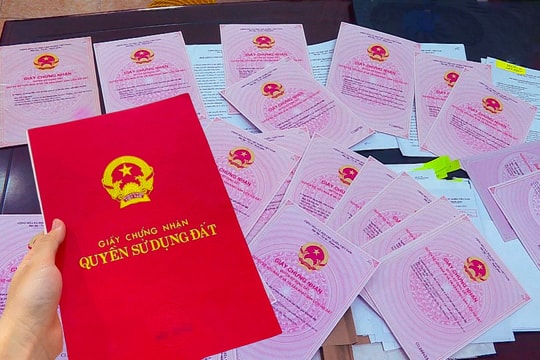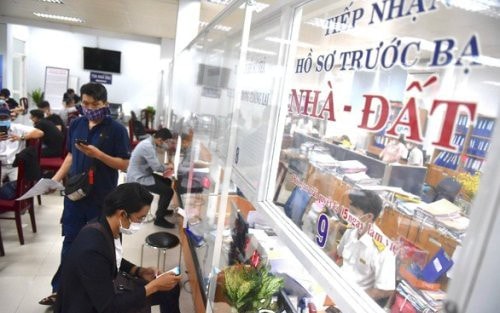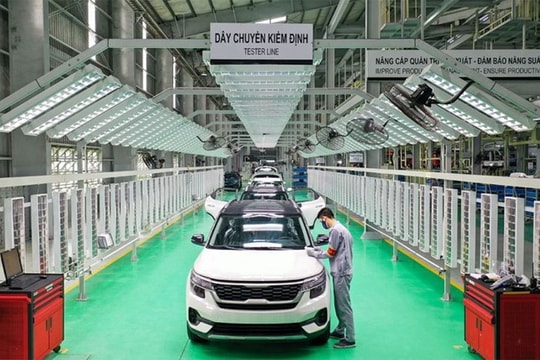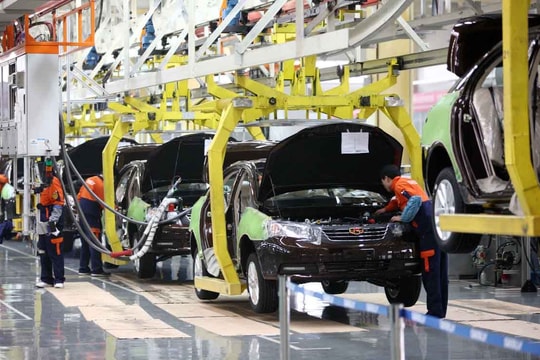Officially reduce 50% of registration fee for domestic cars from July 1
The Government has just issued a Decree regulating the registration fee for automobiles, trailers or semi-trailers pulled by automobiles and similar vehicles manufactured and assembled domestically.
According to the Decree, the first registration fee for automobiles, trailers or semi-trailers pulled by automobiles and vehicles similar to domestically manufactured and assembled automobiles is 50% of the fee prescribed in Decree No. 10/2022/ND-CP dated January 15, 2022 of the Government. Ministers, heads of ministerial-level agencies, heads of government agencies, chairmen of People's Committees of provinces and centrally run cities and relevant organizations and individuals are responsible for implementing the Decree.
The Decree takes effect from July 1, 2023 to December 31, 2023. From January 1, 2024, the registration fee collection rate will continue to be implemented according to the provisions of Decree No. 10/2022/ND-CP.
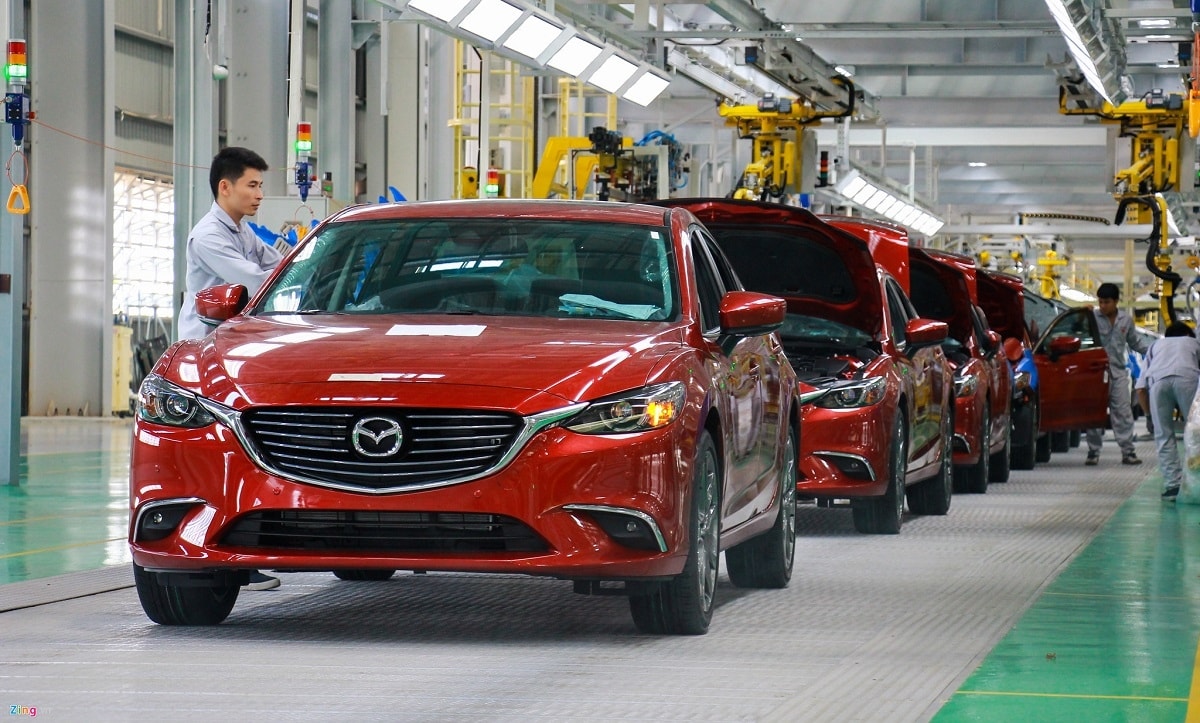
Previously, according to the proposal, the Ministry of Finance assessed that the 50% reduction in registration fees would have a positive impact on consumers, domestic automobile manufacturers and assemblers, and the socio-economy. However, according to the drafting agency's assessment, the State budget revenue from registration fees could decrease by VND8,000 - 9,000 billion.
In addition, the 50% reduction in registration fees for domestically produced and assembled cars may affect the balance of the State budget revenue of localities. In fact, the revenue from value added tax and special consumption tax is concentrated in only 8 localities (Vinh Phuc, Hai Duong, Hai Phong, Ninh Binh, Da Nang, Quang Nam, Binh Duong, Ho Chi Minh City - where there are domestic car manufacturing and assembling companies) and the collection of registration fees only increased in 11 localities; the remaining 52 localities all saw a decrease in revenue from this policy.
According to the Ministry of Industry and Trade, since the beginning of the year, businesses have not fully recovered from the pandemic, the risk of economic recession is present, seriously affecting automobile manufacturing and assembly enterprises and the entire economy. In particular, the pressure of inflation, exchange rates, and increasing interest rates... affects consumer psychology, leading to a trend of tightening spending on high-value items. Therefore, a policy to support the reduction of registration fees for domestically produced and assembled cars is very necessary.




